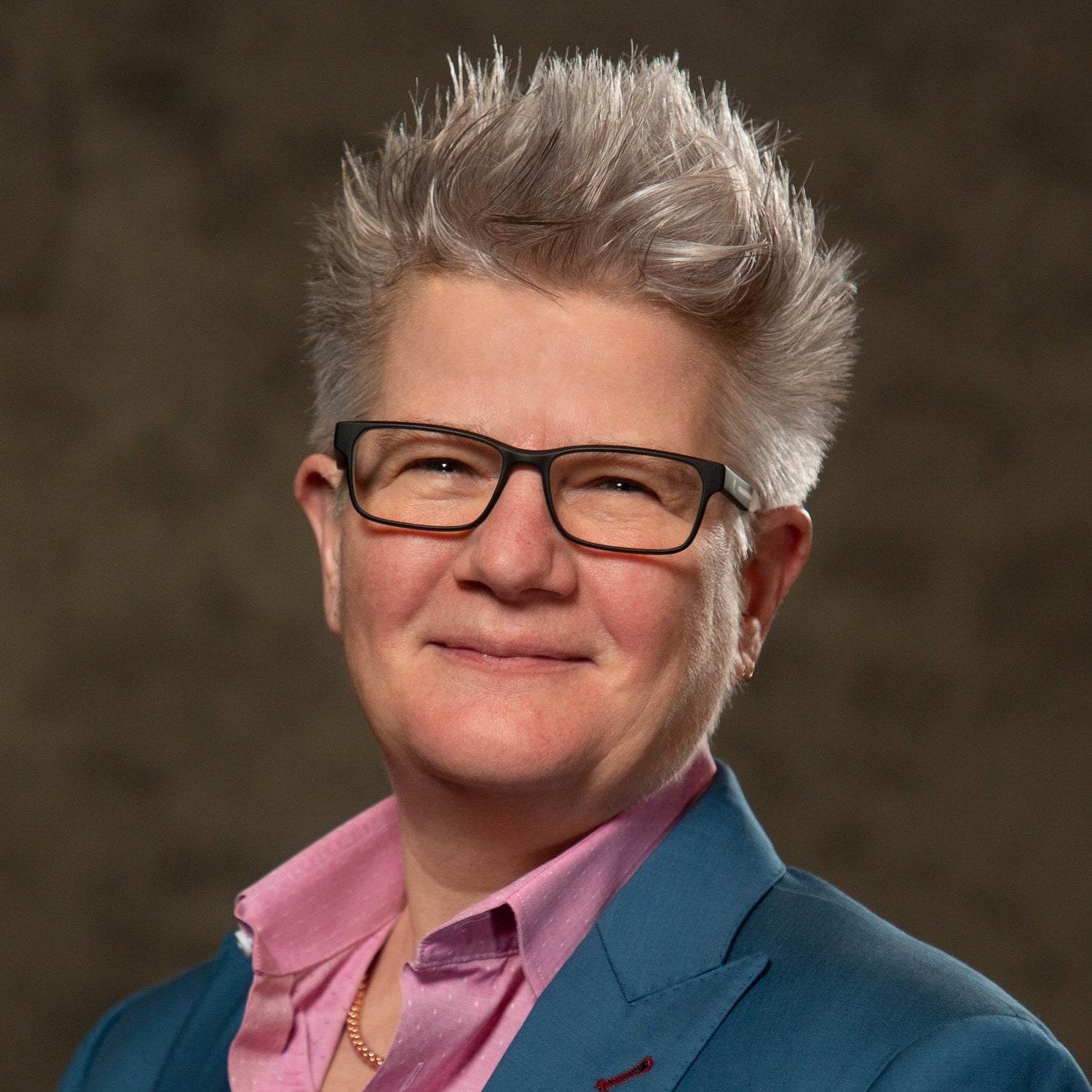
-
JRSC 1C05
- ligonl@rpi.edu
-
518-276-3458
- 0000-0002-5735-3654
About
Lee Ligon is the Associate Dean of the School of Science for Academic Affairs. She oversees all aspects of the undergraduate academic experience in the School of Science, including curriculum, advising, pedagogy, and assessment. She is also Associate Professor of Biological Sciences, with teaching responsibilities including the core curriculum for graduate students in biology. A trained neuroscientist and cell biologist, her published research has focused on the cellular microtubule cytoskeleton, cell-cell adhesion, and cancer cell biology. She has a long-standing interest in effective science communication and public outreach and served as the co-chair of the American Society of Cell Biology (ASCB) Public Information Committee 2017-2022. She served as a AAAS Science and Technology Policy Fellow at the US Agency for International Development (USAID) in 2015-16, working on inclusive development for LGBTQI people. Currently, she is the co-chair of the RPI LGBTQ+ Task Force, and served as the co-chair of the ASCB LGBTQ+ Task Force/Committee from 2017-19. She is currently particularly focused on issues of inclusive pedagogy and equitable student success.
Ph.D. University of Virginia, 1999 - Neuroscience
M.A. University of Virginia, 1992 - History
B.A. Wesleyan University, 1987 - Bio-Psychology (Neurobiology) and Letters (Interdisciplinary Humanities)
Postdoctoral Training & Research
Postdoctoral Fellow, University of Pennsylvania, 1999-2005 - Cell Biology, Biochemistry
Postdoctoral Fellow, University of Virginia, 1999 - Neuroscience
Research
In the Ligon lab, we are interested in how cells function in the three-dimensional world. We study the internal structure of the cell, the cytoskeleton, and how it is organized to generate and maintain the complex 3D shape of differentiated cells. We also study how cells interact with their environment, in particular how cancer cells interact with the tissue surrounding the tumor, also known as the tumor microenvironment. We use a combination of live-cell imaging and other cell biological, biochemical and molecular techniques to examine cell structure, dynamics and function in the context of the living cell. Some cells, such as those of the nervous system, have elaborate three-dimensional shapes that are essential to their specialized activities. We study the microtubule cytoskeleton, a complex network of protein polymers that are essential to establish and maintain cell structure. Microtubules have several functions in the cell: they are mechanical and structural elements; they serve as tracks for long-distance movements of organelles and other cargoes; and they can play a direct role in biochemical signaling cascades. We are investigating how certain sub-populations of microtubules are biochemically specialized for specific cellular functions by a combination of sub-cellular location, post-translational modifications, and interactions with other proteins. We are also investigating the role of the tumor microenvironment in the metastatic progression of cancer cells. Both the cells and the non-cellular elements of the tissue surrounding a tumor can play a significant role in whether or not a tumor cell will become invasive. We are using the tools of cell biology and biochemistry, as well as novel biomimetic materials, to explore the role of abnormal cell-cell interactions and cell-matrix interactions in a breast cancer model system.
Neuroscience, Equitable Student Success, Inclusive Pedagogy
Publications
The following is a selection of recent publications in Scopus. Lee Ligon has 25 indexed publications in the subjects of Biochemistry, Genetics and Molecular Biology, Biochemistry, Genetics and Molecular Biology, Biochemistry, Genetics and Molecular Biology.
News
Other Publications
Other publications:
"LGBTQ+ realities in the biological sciences," bioRxiv 2025.01.24.634486; 2025 Link
"How to construct and deliver an elevator pitch: a formula for the research scientist," BMC Proceedings 18: 27, November 2024 Link
"The need for data on LGBTQ+ representation in science" American Society for Cell Biology Post, June 2021. Link
“Creating Inclusive Spaces for LGBTQ+ Researchers and Students,” Lee Ligon and Katelyn Cooper, ASCB’s Pathways Podcast, June 2021 Link
“Increasing Inclusion on Campus,” Lee Ligon and Chenthu Jayachandiran, Why Not Change the World, the RPI Podcast, June 2020. Link
“Pride Month Reminds Us of Continued Inequities in Science, American Society for Cell Biology Post, June 2019. Link
“Explore!,” American Society for Cell Biology Newsletter, June 2019 Link
“Moving from Diversity to Inclusion,” American Society for Cell Biology Post, June 2018. Link